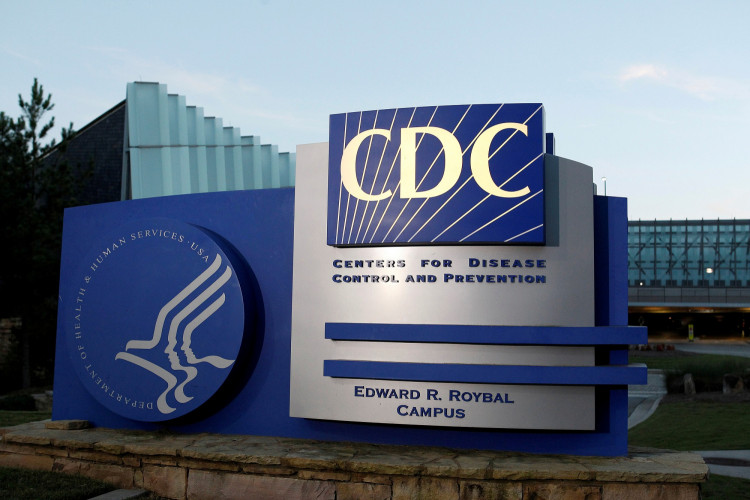A cluster of cats on a Texas dairy farm succumbed to fatal systemic influenza infection after consuming raw milk from cows infected with bird flu, according to a report released by the U.S. Centers for Disease Control and Prevention (CDC) on Monday. The incident has raised concerns about the potential risks associated with consuming unpasteurized milk and has prompted health experts to reinforce the importance of pasteurization in ensuring the safety of dairy products.
The affected cats developed severe symptoms, including a depressed mental state, stiff body movements, impaired coordination, blindness, circling, and copious oculonasal discharge, within two to three days of exposure to the contaminated milk and colostrum. Neurological effects were also observed during examinations. Tragically, approximately half of the 24 cats that were given the raw milk from the diseased cows died between March 19 and March 20.
While exposure to dead wild birds could not be completely ruled out as a source of the virus, the CDC report stated that milk and colostrum were the "likely route of exposure" based on the cats' known consumption of unpasteurized dairy products from infected cows and the high levels of virus nucleic acid detected in the milk.
Edward Liu, M.D., chief of infectious diseases at Hackensack Meridian Jersey Shore University Medical Center in New Jersey, told Fox News Digital that the death of the cats suggests that avian flu can cause illness due to ingestion, which is particularly interesting as many respiratory viruses are optimized for infection via mucous membranes, like the nose and mouth. Liu emphasized that the report reinforced the need to consume exclusively pasteurized milk, stating, "I can think of no reason to drink raw milk."
Pasteurization, a process that involves heating raw milk to a specific temperature for a brief period before chilling it again, is required by government regulations before milk can be sold commercially in the United States. This process effectively kills any pathogens, ensuring that the milk is safe for consumption.
Dr. Scott Pegan, professor of biomedical sciences at the University of California, Riverside and a biochemist for the United States Medical Research Institute of Chemical Defense, explained that the pasteurization process is designed to kill viruses like H5N1 and other bacteria that can pose a threat to human health. He emphasized that while pasteurized milk and its products are safe to consume, there is a substantial risk associated with consuming unpasteurized milk and its derivatives.
Last week, the FDA restated its longstanding recommendation that consumers avoid drinking raw milk that has not been pasteurized. The agency also advised companies to refrain from manufacturing or selling raw milk or raw milk products made with milk from cows that tested positive for bird flu, were exposed to the virus, or showed symptoms of illness. Producers were urged to take precautions when discarding milk from affected cows to prevent further spread of the virus.
Despite the recent case of a person contracting the virus after exposure to infected cows, the FDA maintains that the risk to the general public remains low, and the commercial milk supply is considered safe based on the information currently available.
The incident in Texas serves as a stark reminder of the potential dangers associated with consuming unpasteurized dairy products and highlights the critical role that pasteurization plays in safeguarding public health. As health authorities continue to monitor the situation closely, experts urge consumers to exercise caution and adhere to the FDA's recommendations to minimize the risk of exposure to harmful pathogens like the bird flu virus.
In a separate but related development, a US farmworker who caught bird flu after working with dairy cattle in Texas appears to be the first known case of mammal-to-human transmission of the virus, according to a study published in the New England Journal of Medicine on Friday. While the man did not become seriously ill, his case is significant as it confirms that humans can be infected with H5N1 after contact with cows. However, the incident also highlights the challenges in tracking the infection among vulnerable farmworker populations, where testing positive for an infectious disease might result in lost work days and pay.






